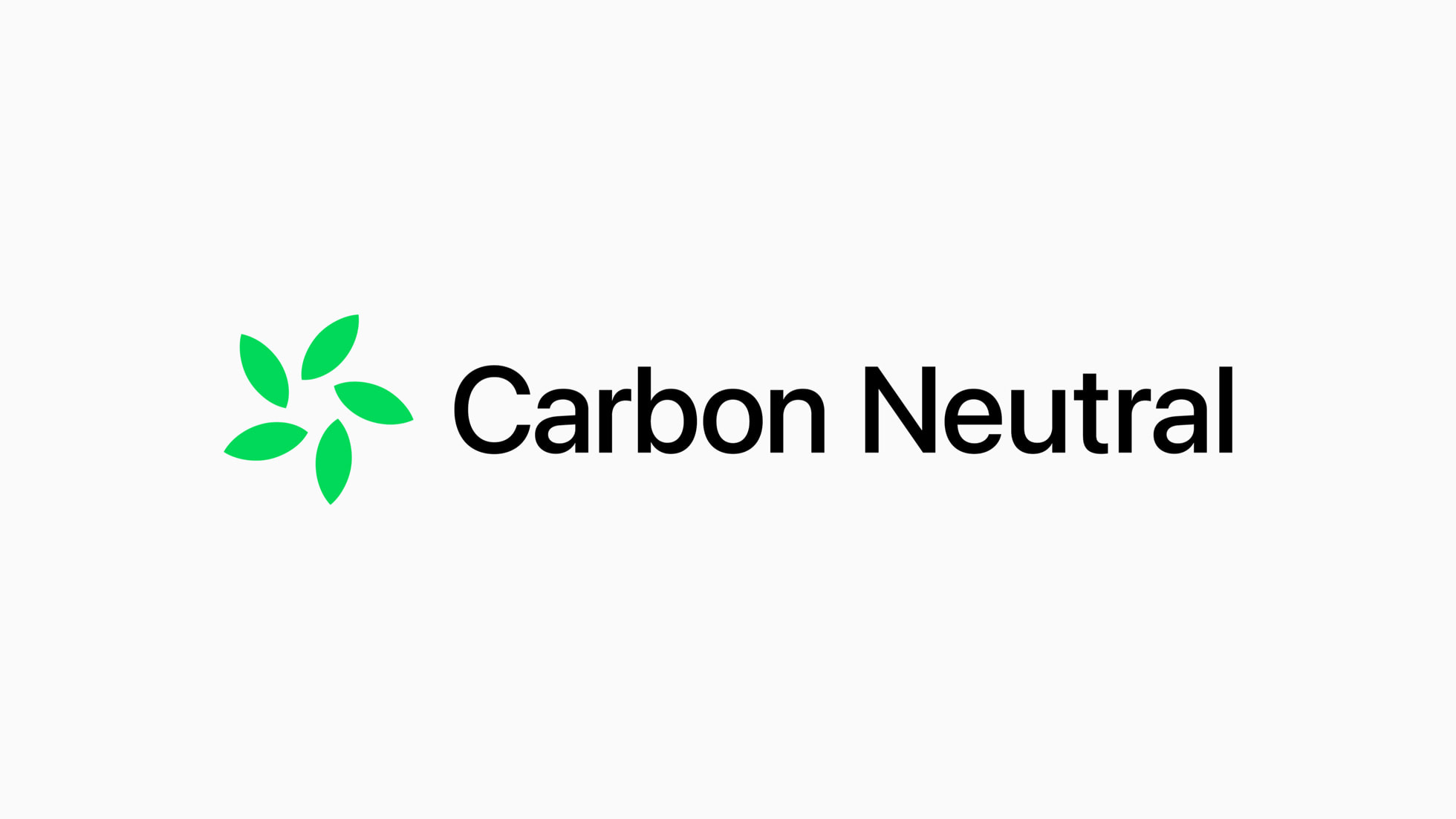QUICK READ
13 September 2023
Apple advances supplier clean energy commitments
Apple today announced expanded progress to decarbonise its global supply chain, with more than 300 manufacturers now committed to using 100 per cent clean energy for their Apple production by 2030. New commitments from more than 50 suppliers in the U.S., Europe, and Asia have driven recent growth in Apple’s Supplier Clean Energy Program, which now represents over 90 per cent of the company’s direct manufacturing spend. The milestone brings Apple closer to its ambitious goal to be carbon neutral across every product by 2030.
“As we experience record temperatures and devastating storms, we all have an urgent responsibility to reduce emissions and protect against the worst impacts of climate change,” said Sarah Chandler, Apple’s vice president of Environment and Supply Chain Innovation. “At Apple, we’re proud that so many of our suppliers are taking action as we drive progress toward a carbon neutral future.”
Already carbon neutral for its global corporate operations since 2020, Apple’s 2030 strategy is centred on the science-based target of reducing emissions by 75 per cent by the end of the decade. Since 2015, Apple has worked in close partnership with its global suppliers to address the electricity used to manufacture Apple products. Manufacturing is the single largest source of emissions in the company’s carbon footprint, and powering it with 100 per cent clean energy is a key driver in making all Apple products carbon neutral — like those in the new Apple Watch lineup.
Suppliers operating in 28 countries have committed to bringing over 20 gigawatts of renewable energy online through Apple’s Supplier Clean Energy Program. Newly committed partners in advanced manufacturing technologies include Skyworks Solutions, Analog Devices, Cirrus Logic, and more in the U.S., and Renesas Electronics in Japan. The number of participating Korean suppliers has grown nearly 30 per cent this year, to 23. In China, 14 more companies have pledged to use clean energy since April 2023, including Jingmen GEM, a supplier of key recycled material used in Apple products. Across Europe, companies including Sappi Limited, LeMur, and Schoeller Textil AG have recently joined, bringing the total to 34 suppliers.
Apple has been tracking yearly progress on suppliers reducing their Scope 1 and Scope 2 emissions, and in the fall of 2022, the company called on suppliers to decarbonise their Apple production by 2030. In 2022, the 13.7 gigawatts of renewable electricity online in Apple’s supply chain avoided 17.4 million metric tons of carbon emissions — the equivalent of removing nearly 3.8 million cars from the road. With support from Apple to identify sources of high-quality renewable energy, many suppliers have also chosen to decarbonise beyond their Apple production.
As a result of Apple’s environmental efforts, the company has cut its overall emissions by over 45 per cent since 2015, even as its business has grown. Apple continues to invest in innovative environmental approaches — including low-carbon product design, new recycling technologies, its Restore Fund, and US$4.7 billion in Green Bonds. Additional information on Apple’s environmental progress is available at apple.com/nz/2030.
Media
-
Text of this article
